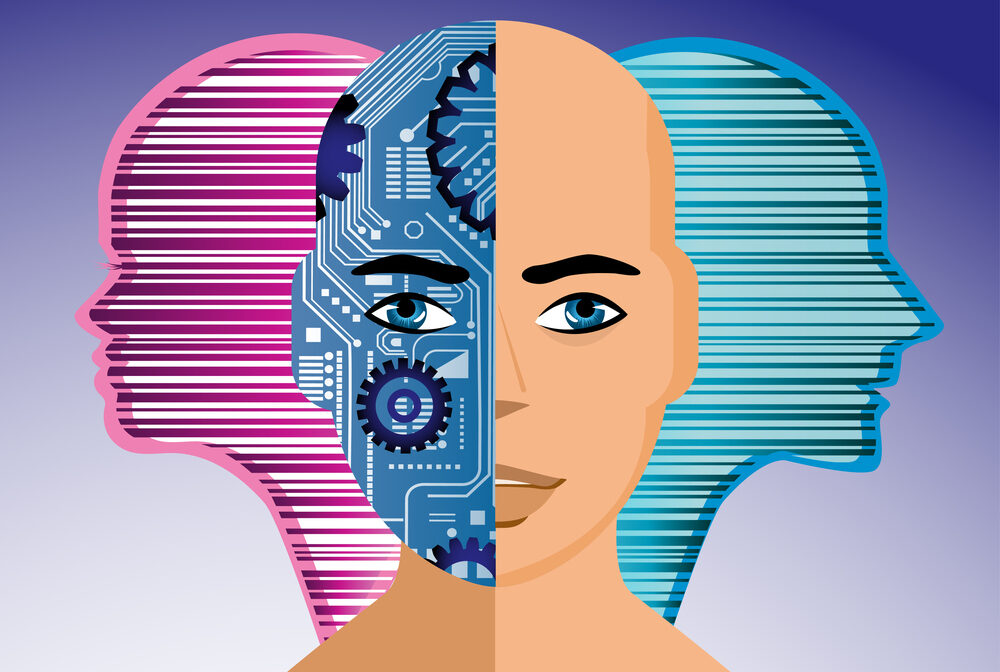
Whatever happened to transhumanism?
In 2004 the prominent political scientist Francis Fukuyama described transhumanism as “the world’s most dangerous idea”. In 2011 transhumanism was featured on the cover of Time magazine, under the headline: “2045, the year man becomes immortal”.
In 2022, when was the last time you read about transhumanism? “What was once a piercing roar has retreated to barely discernible background noise,” writes George Dvorsky, a transhumanist writer who is the chairman of the Institute for Ethics and Emerging Technologies, in a fascinating article in Gizmodo.
It’s not so much that transhumanism has declined. Instead it has been normalised, Dvorsky muses. He quotes Anders Sandberg, an Oxford don who is one of the principal theorists of the transhumanist movement:
“We live lives online using wearable devices (smartphones), aided by AI and intelligence augmentation, virtual reality is back again, gene therapy and RNA vaccines are a thing, massive satellite constellations are happening, drones are becoming important in warfare, trans[gender] rights are a big issue, and so on,” he said, adding: “We are living in a partially transhuman world.” At the same time, however, the transhumanist idea to “deliberately embrace the change and try to aim for such a future has not become mainstream,” Sandberg said.
The link between transhumanism and transgenderism is strong, at least on the theoretical level. Transgenderism views the body as a malleable tool, sexuality as a limitation to be transcended. As Dvorsky observes:
“Martine Rothblatt, the billionaire transhumanist and transgender rights advocate, took it a step further when she said, “we cannot be surprised that transhumanism arises from the groins of transgenderism,” and that “we must welcome this further transcendence of arbitrary biology.”
But there are other explanations for why transhumanism is no longer on the media’s radar. One is scepticism and even hostility towards technology. Citizen surveillance, data theft, war drones, manipulation by social media, deepfakes, and so on have demonstrated that advanced technology has a dark side.
Transhumanist themes pop up in films – but nearly always as feature of a dystopian future.
Plus, people are distracted by other causes – climate change, war in Ukraine, conflict with China, financial crises… “Today we are having a serious problem with cynicism and pessimism paralyzing people from trying to fix and build things,” Sandberg told Dvorsky. “We need optimism!”
Finally, politics, from Dvorsky’s point of view, has taken a nasty turn. The power of anti-vaxxers in Covid pandemic showed how hostile many people are to genetic manipulation of any kind. And the Dobbs decision has restricted reproductive rights, which is a key issue for transhumanists. “Until these rights are established, it seems a bit premature to laud the benefits of improved memories or radically extended lifespans, as sad as it is to have to admit that,” writes Dvorsky.
